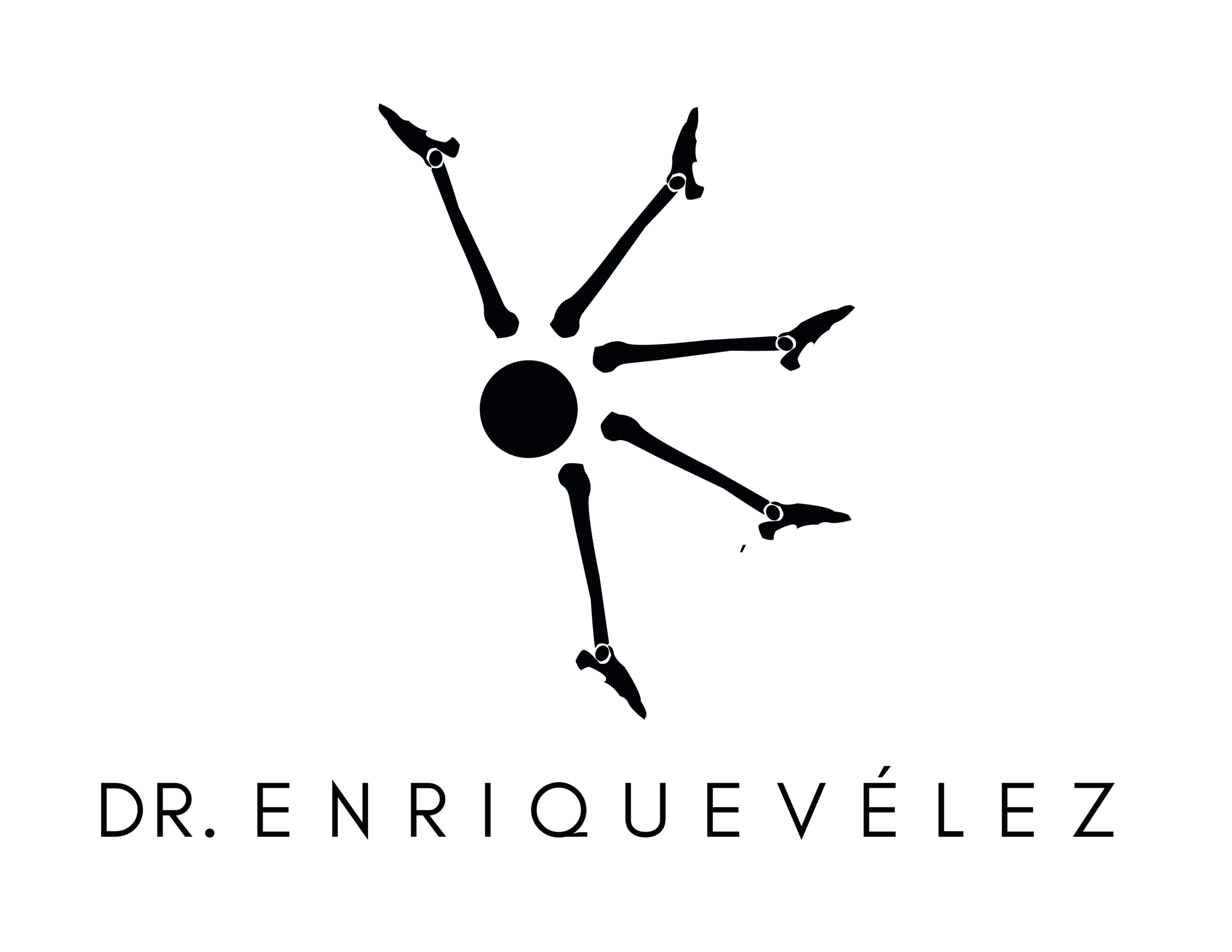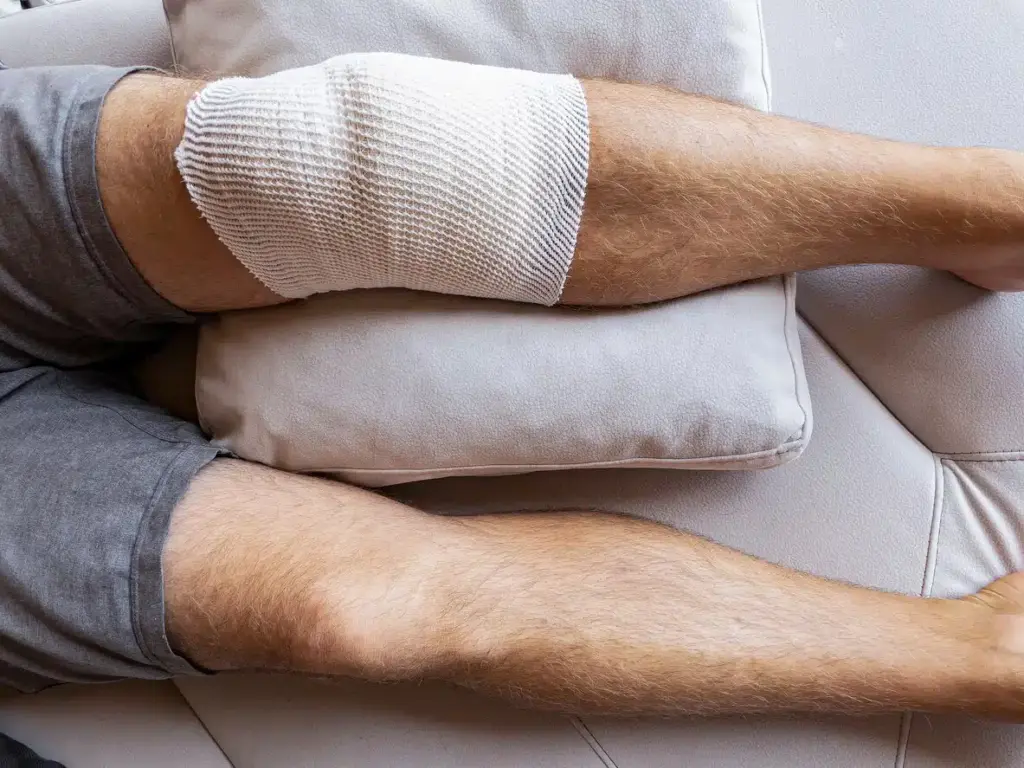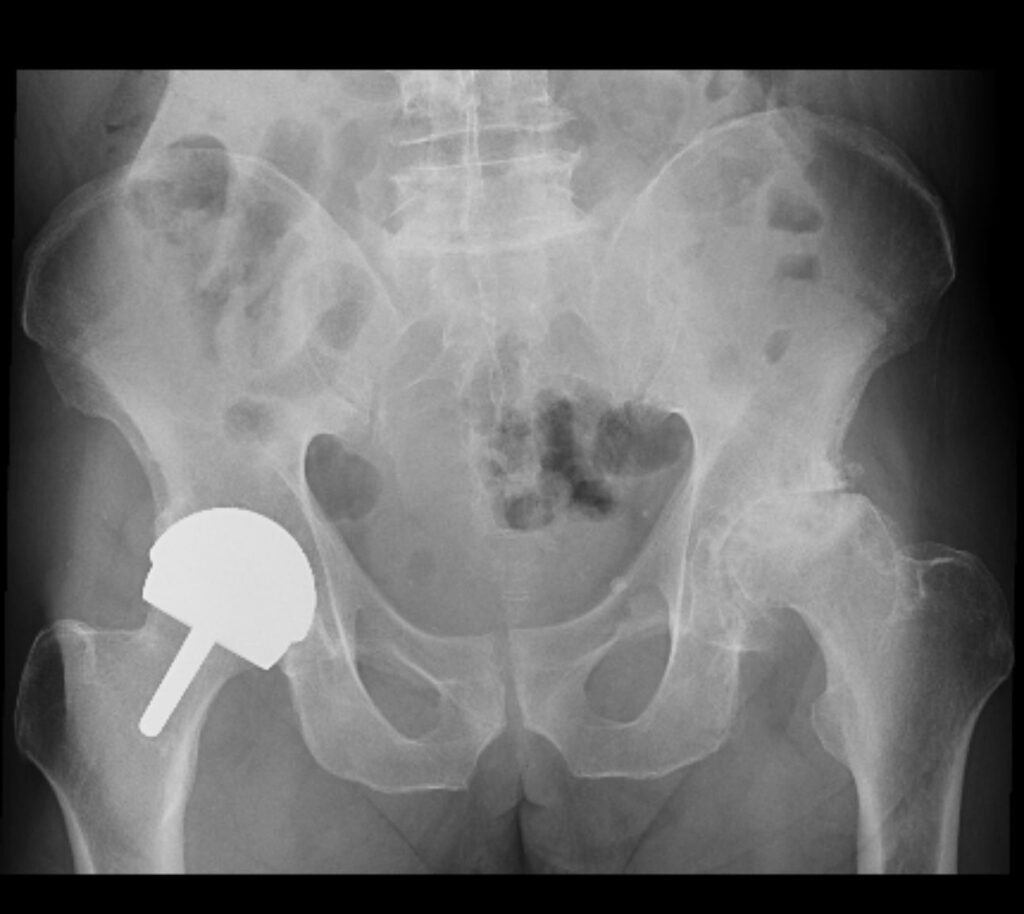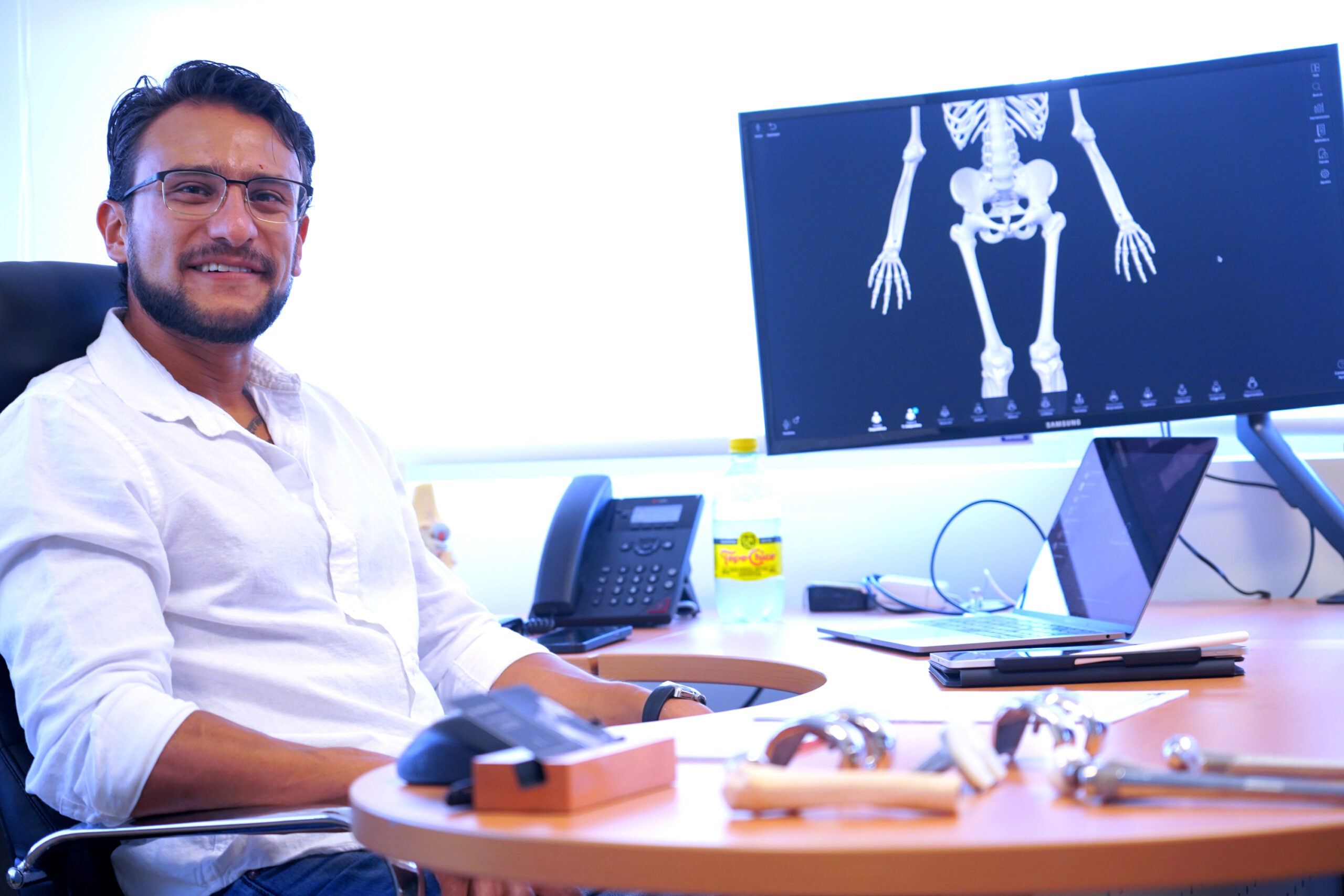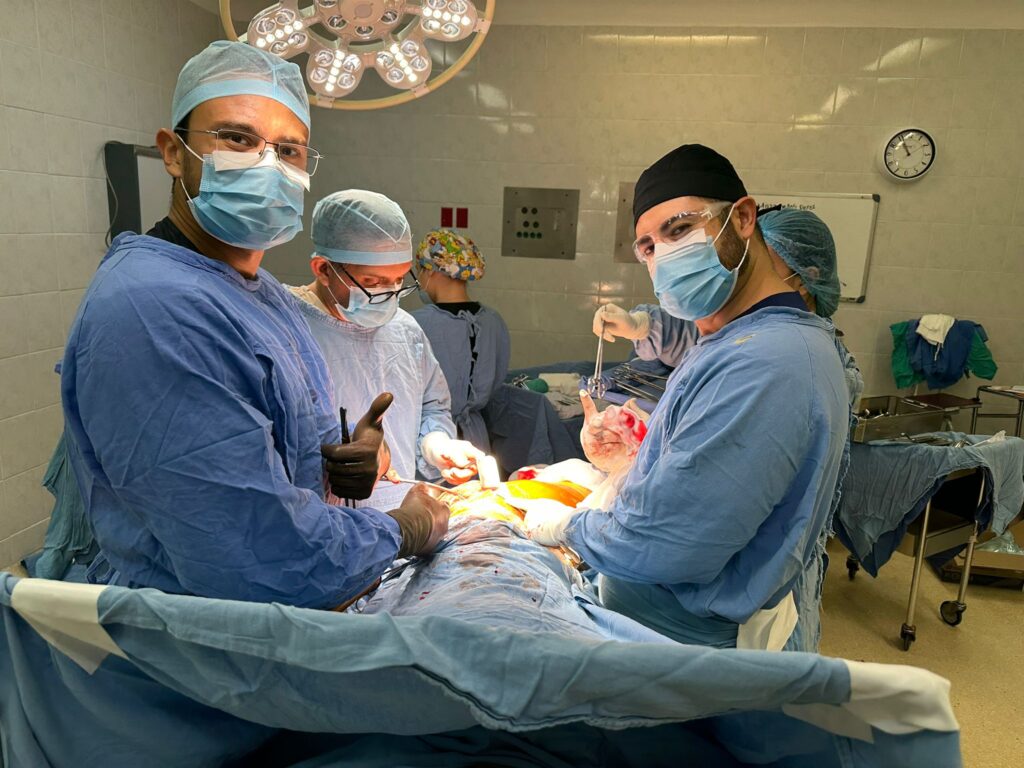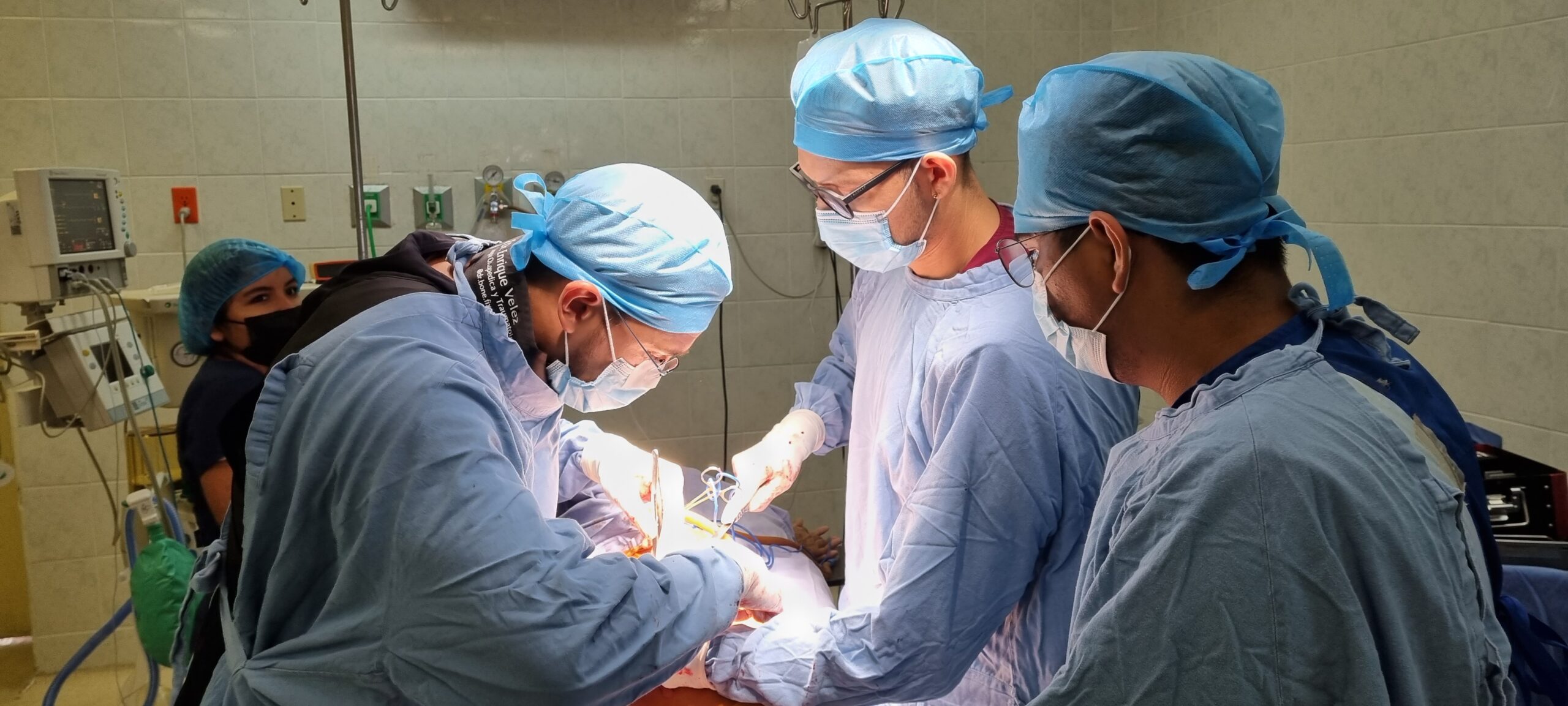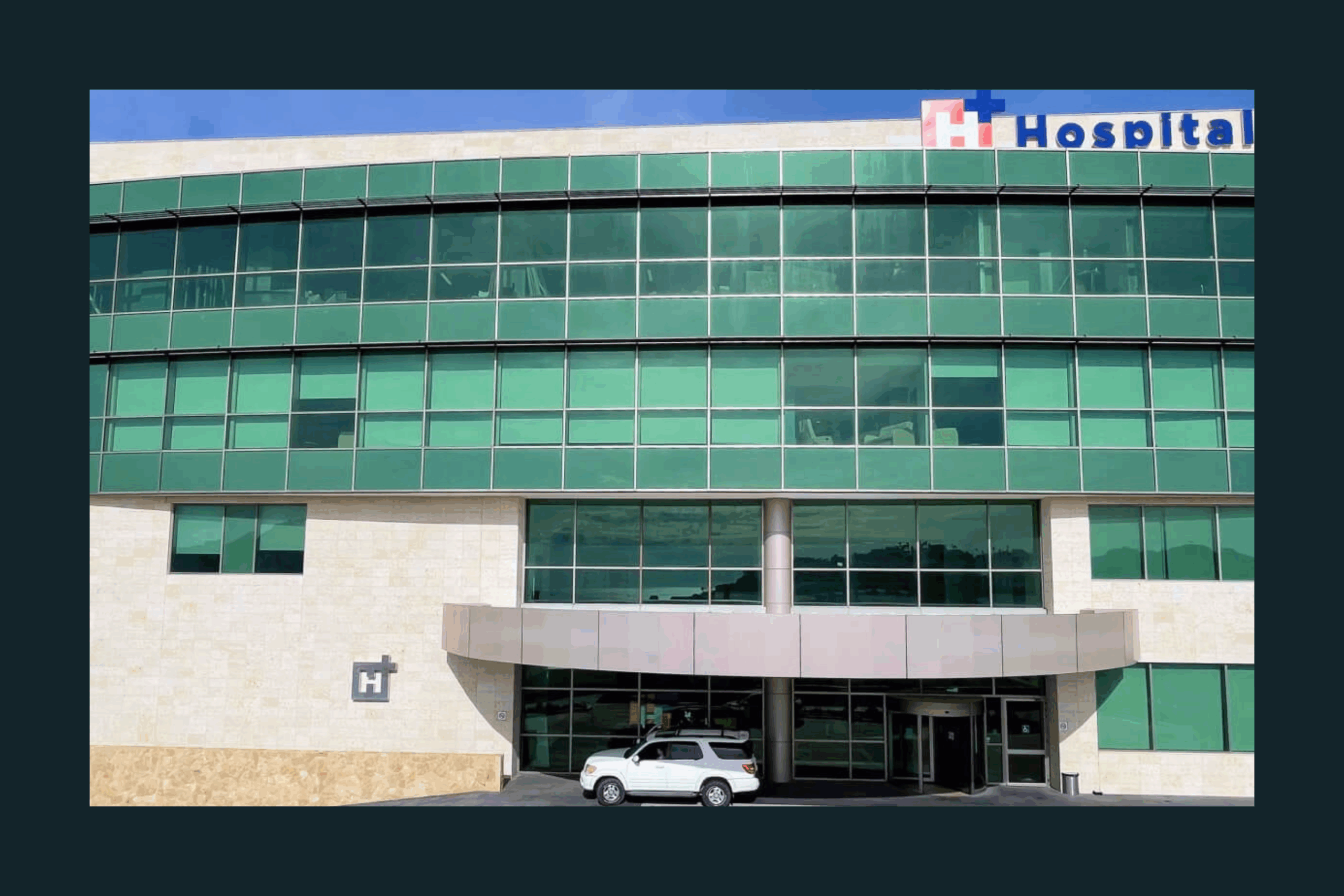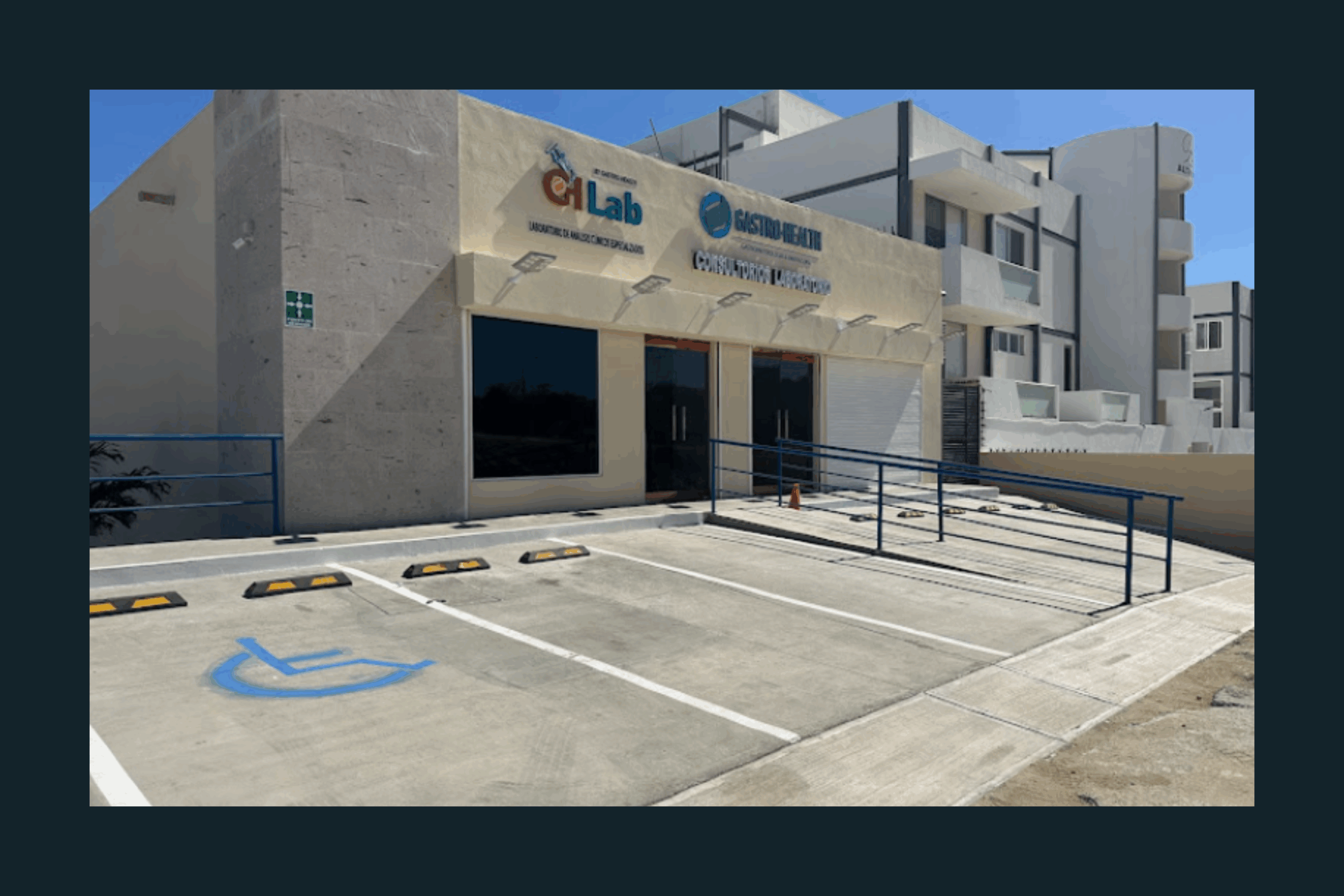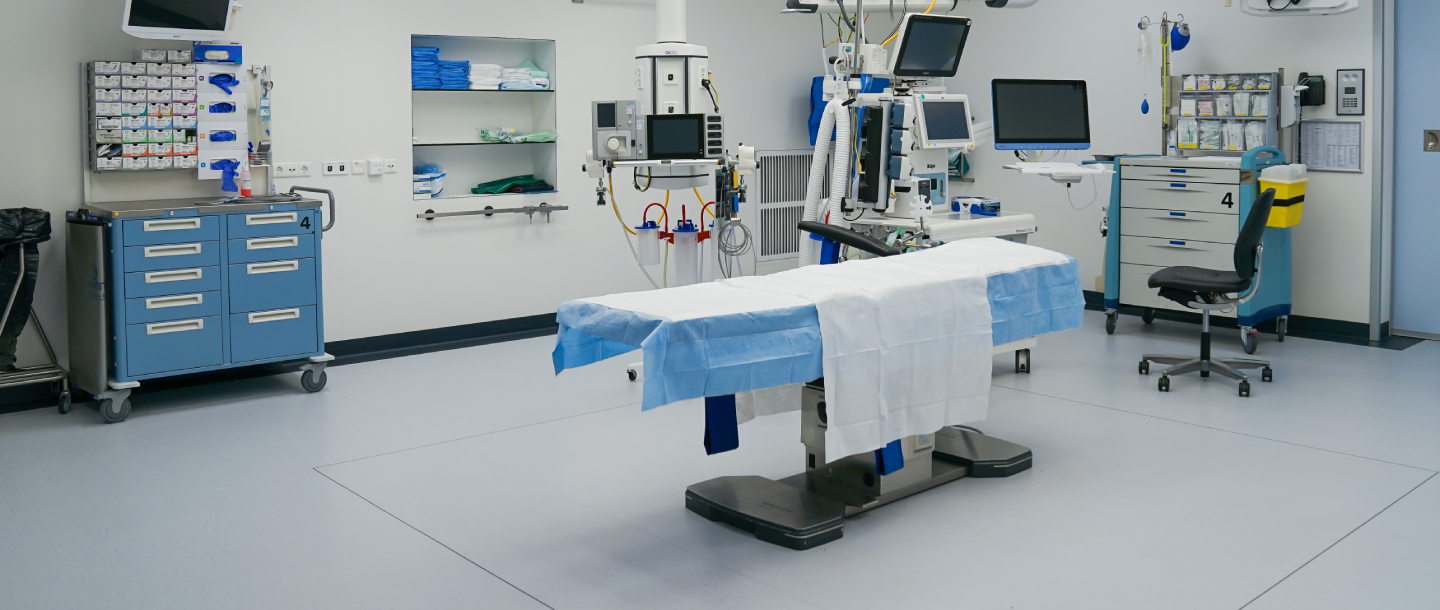Most people don’t rush into orthopedic surgery—and rightly so. It’s a big decision. You want to try conservative treatments, get second opinions, maybe even “wait until the pain gets worse.”
But here’s the uncomfortable truth:
Waiting too long for joint surgery—especially a hip or knee replacement—can silently sabotage your body.
And by the time you’re “ready,” the damage may already be harder (or impossible) to reverse.
At DocVelez.com, we’ve seen this story play out again and again. Patients arrive in Cabo with severe arthritis, limited mobility, and years of avoidable deterioration—all because they waited too long. This blog is your guide to understanding what happens when you delay surgery… and what you can do to take control now.
Why Do People Delay Orthopedic Surgery?
Let’s be honest: delaying surgery is common, and often fueled by understandable concerns.
The top reasons patients wait include:
-
Fear of surgery or anesthesia
-
Hoping the pain will go away on its own
-
Trying every possible alternative (injections, physical therapy, supplements)
-
Financial worries
-
Time off work or family obligations
-
The belief that “I’m too young” or “I’ll wait until I can’t walk at all”
But while these concerns are valid, they don’t stop the clock on degeneration. In fact, waiting often accelerates joint damage and leads to worse outcomes.
What Happens to Your Body When You Wait Too Long?
Delaying surgery might spare you the scalpel for now—but your body keeps deteriorating behind the scenes. Here’s how:
1. Joint Damage Becomes Irreversible
As arthritis progresses, cartilage continues to wear away, bones start to grind, and inflammation spreads.
Over time, this causes:
-
Bone spurs
-
Joint deformities
-
Loss of alignment
-
Muscle atrophy from disuse
By the time surgery happens, the joint may be harder to reconstruct, and the results less predictable.
“In advanced cases, we sometimes have to do more extensive procedures or dual-joint corrections that could’ve been avoided if treated earlier.”
— Dr. Enrique Vélez
2. Your Muscles Weaken
When pain makes walking difficult, your body starts to compensate by:
-
Favoring the good leg
-
Avoiding stairs or standing too long
-
Sitting more
This results in:
-
Quadriceps and glute atrophy
-
Weakened hip stabilizers
-
Poor posture and gait abnormalities
Weak muscles make recovery harder and slower post-surgery.
3. You Risk Developing Secondary Issues
Waiting for surgery can lead to:
-
Back pain from altered walking mechanics
-
Hip or ankle strain on the opposite side
-
Falls and balance issues
-
Weight gain from inactivity
-
Depression or anxiety due to chronic pain
Your body is a system. When one joint is failing, it affects everything else.
4. Your Recovery Window Shrinks
Joint replacements work best before major damage sets in. If you wait too long:
-
Your range of motion becomes more limited
-
Your joint space becomes narrower
-
Scar tissue builds, making surgical access more difficult
-
You may not regain full function, even after a successful surgery
5. Surgery Becomes More Complex
Delayed cases often mean:
-
Bone grafts or revision implants
-
Longer operating times
-
Higher risk of complications like infections or dislocations
-
Extended rehab periods
-
Higher total cost (due to complications or longer hospital stays)
Real-World Data: The Cost of Waiting
A study published in the Journal of Bone and Joint Surgery found that:
-
Patients who waited more than 1 year from surgical recommendation had worse pain, function, and satisfaction post-op.
-
Waiting more than 6 months was associated with increased pain medication use and muscle wasting.
-
Delayed patients were 3x more likely to need post-op inpatient rehabilitation.
In other words, waiting too long reduces the benefits of joint replacement.
The Psychological Toll of Chronic Pain
Pain doesn’t just damage the joint—it affects your mind and emotions.
Delayed surgery can lead to:
-
Depression and social withdrawal
-
Loss of independence
-
Fear of movement
-
Poor sleep quality
-
Anxiety about the future
We’ve seen patients arrive at DocVelez.com emotionally drained after months or years of daily pain. After surgery, their outlook changes. Their spirit returns.
Real Patient Story: “I Wish I Hadn’t Waited So Long”

Name: Sharon, 63
Procedure: Artroplastia Total de Rodilla (Protesis de Rodilla)
Delay: 4 years
From: Oregon, USA
“I kept putting it off because I didn’t want to take time off work. By the time I saw Dr. Vélez, my knee was bone-on-bone and curved inward. I needed more extensive work than originally planned. My recovery was harder than it would’ve been five years ago—but now I feel amazing. I just wish I had done it sooner.”
The Financial Cost of Waiting
You might assume waiting saves you money—but it often does the opposite.
Waiting Can Lead To:
-
More medication costs (painkillers, anti-inflammatories, injections)
-
More doctor visits
-
Physical therapy with no lasting results
-
Loss of work or reduced productivity
-
Out-of-pocket costs for delayed care (especially in countries with long surgical waitlists)
Choosing affordable orthopedic care abroad—like in Cabo San Lucas with Dr. Vélez—often costs 50–70% less than U.S. hospitals, even when factoring in travel and lodging.
When Is the Right Time for Surgery?
The “right time” is not based on age—it’s based on function, pain, and quality of life.
Ask yourself:
-
Has joint pain limited your ability to walk, work, or sleep?
-
Have you exhausted non-surgical options with no long-term relief?
-
Are you changing your lifestyle or avoiding activities due to your joint?
-
Do you feel ready to regain independence and mobility?
If you answered “yes” to two or more, it may be time to seriously consider surgery.
Dr. Vélez offers virtual consultations to help you evaluate your readiness—without pressure.
Why Cabo May Be the Best Place to Stop Waiting
If you’ve been postponing surgery because of cost, access, or fear—Cabo may offer the perfect bridge between hesitation and healing.
What makes DocVelez.com different:
-
Dr. Enrique Vélez is a board-certified orthopedic surgeon with over 20 years of experience.
-
Patients receive concierge-style care with transparent pricing.
-
All procedures are performed in modern surgical centers with top-tier safety protocols.
-
Recovery is easier in the calm, coastal environment of Cabo San Lucas.
-
You avoid months-long hospital waitlists like in Canada, the UK, or public systems in the U.S.
Real Patient Quote: “Cabo Made Recovery Feel Like a Vacation”
Name: Gary, 67
Procedure: Prótesis de cadera
From: British Columbia, Canada
“I was told I’d have to wait 18 months for surgery at home. I called Dr. Vélez and had surgery within 3 weeks. I recovered in a beachfront hotel with my wife, did daily rehab walks by the ocean, and flew home 90% recovered. I only wish I’d found him sooner.”
Final Thoughts: Delay is the Enemy of Mobility
Every day you delay surgery, your body is quietly losing function.
Your muscles are shrinking. Your gait is changing. Your bones are grinding.
And most importantly—your quality of life is slipping.
Orthopedic surgery is not just about fixing a joint. It’s about restoring:
-
Freedom
-
Movement
-
Sleep
-
Relationships
-
Joy
If you’re ready to reclaim those things, the first step is simple: stop waiting.
Take Action Today – Book a Consultation with Dr. Vélez
At DocVelez.com, we make it easy to stop waiting and start healing.
📞 Schedule a virtual consultation to review your case
📍 Learn if you’re a candidate for hip or knee replacement in Cabo
💵 Get transparent pricing, travel guidance, and recovery planning
✈️ Return home stronger, mobile, and pain-free
👉 Visit www.docvelez.com/contact to take the first step.
